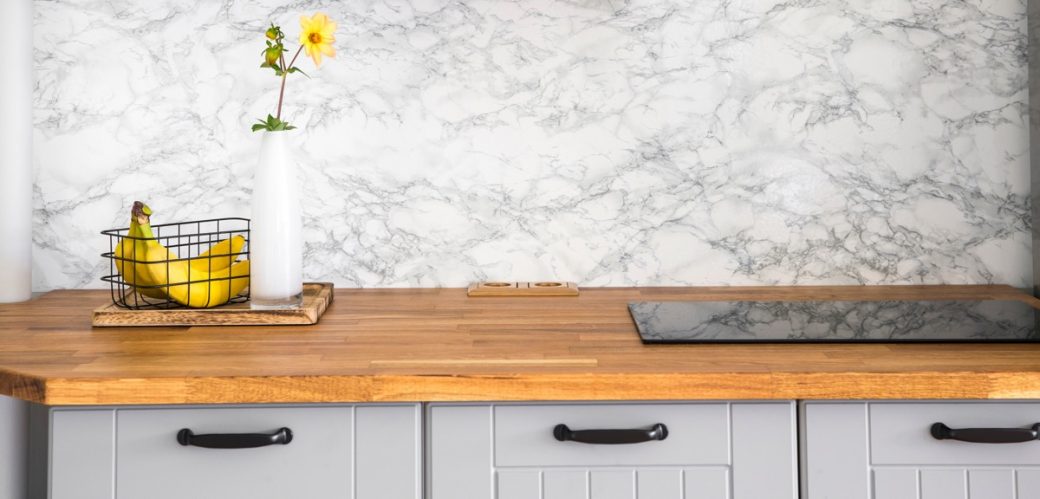A home inspection grabouw is an important step in the home-buying process. It allows buyers to identify problems with a potential property and use them as leverage during the negotiation process.
A home inspector can also identify unsafe or unsound practices, such as “knob and tube” wiring that may pose a fire risk. This article will discuss what to expect from a home inspection, how to prepare for one, and tips on getting the best results.
What to Expect
Whether you are buying or selling, a home inspection is an excellent opportunity to learn more about the property you are considering. In addition, it can help you uncover issues that could become costly later on.
While you don’t have to be there for the entire inspection, a good inspector will encourage you to ask questions throughout the process and is more than happy to provide an explanation for any problems found. The more knowledge you have, the easier it will be to determine if the property is right for you.
In general, it is the buyer who pays for a home inspection but in a hot seller’s market you might be able to get the cost of the inspection worked into your offer. If you are the seller, getting some of the minor items fixed in advance can drastically shorten the list of things that will need to be addressed at closing. For example, fixing a leaky faucet or replacing a missing doorstop will be less of an issue than dealing with a serious problem like an asbestos-contaminated insulation or lead pipes.
Preparing for a Home Inspection
Whether you’re buying or selling, it’s important to be prepared for a home inspection. This will allow you to make a smooth transaction and save money. Regardless of who ordered the inspection, the preparation process involves turning on the utilities, clearing items that could obstruct the inspector’s access to the home, and removing pets (if possible).
A homeowner should also prepare by creating a list of renovation permits for the property. This will help the inspector focus on areas that have been recently repaired or upgraded. It will also prevent misunderstandings during the inspection process.
The home buyer should consider asking the seller to address any issues that are uncovered by the inspector. This can be done by including a home inspection contingency in the purchase agreement or requesting professional repairs. Alternatively, the buyer can request a price adjustment or credit. This can be an attractive option for sellers who are eager to close the deal quickly.
Getting a Home Inspection Report
Home inspections are essential for any buyer who wants to understand the true condition of a home. However, a good inspector doesn’t simply highlight problems—he or she also explains what those problems mean and how to correct them. This information can be invaluable for both buyers and sellers, even after the closing process.
A typical home inspection includes a written report on the condition of a property’s major systems and components. The report typically uses clear language that is easy to read and understand. Any technical jargon used in the report should be explained so that everyone can understand it.
Home inspections can reveal serious issues that would be very costly to repair for a buyer. These can include things like structural damage, leaks and mold growth. In these cases, a buyer may choose to ask the seller to make repairs or to lower the price of the home. Alternatively, they may walk away from the sale without any penalty.
Getting a Home Inspection in Grabouw
It’s always a good idea to accompany the inspector and ask questions. You’ll get a sense of what he or she is looking for and will be able to tell which issues are serious and which ones could be easily fixed. For example, if the inspector says cellulose is against the foundation, you might be inclined to think it’s a problem that needs serious attention. But it might just mean some old leaves that need to be cleared away.

